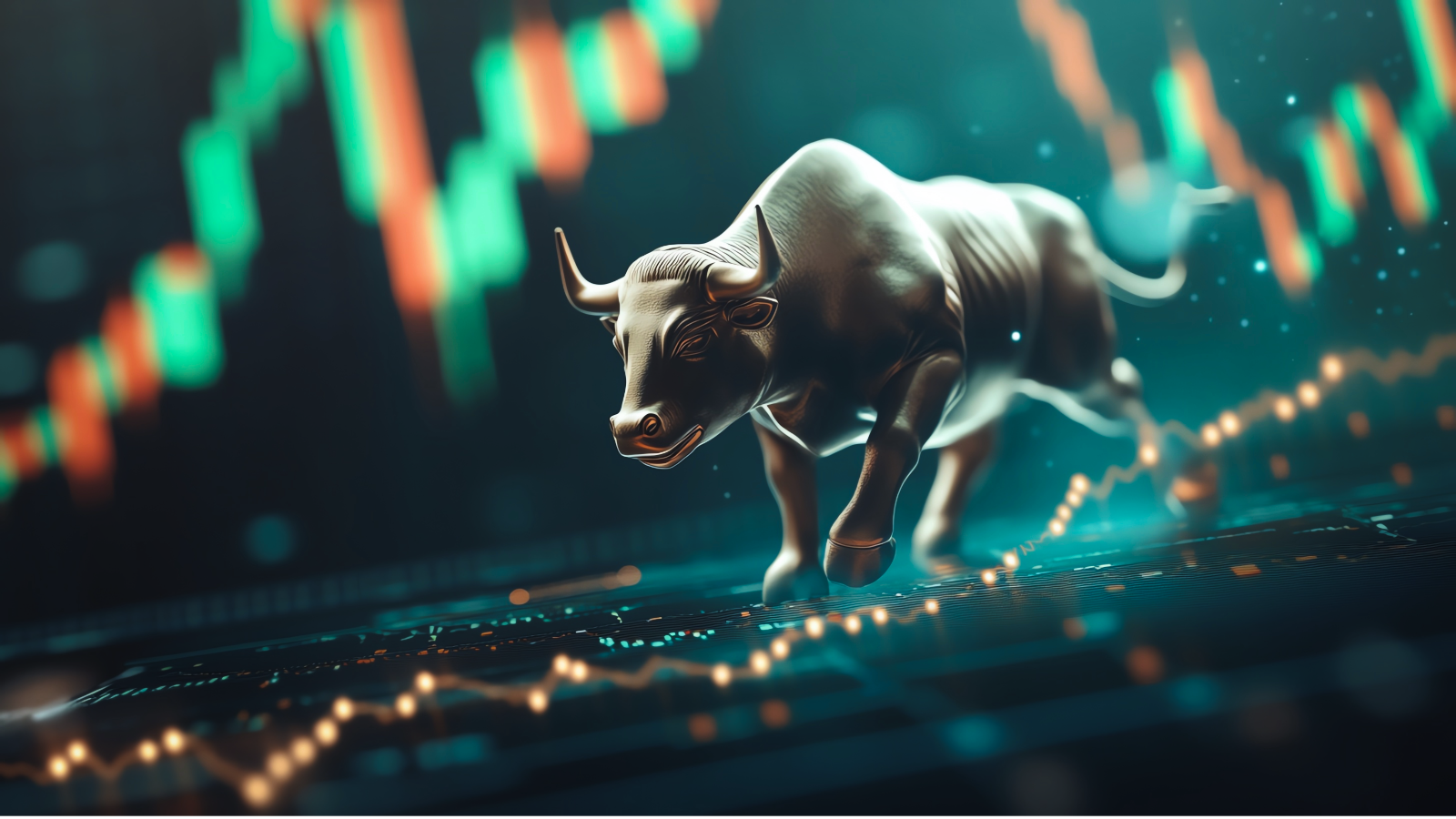Trump was supposed to unlock IPO market, but CoreWeave debut reflects ongoing skepticism


CoreWeave Inc. signage during the company’s initial public offering at the Nasdaq MarketSite in New York, US, on Friday, March 28, 2025.
Michael Nagle | Bloomberg | Getty Images
It wasn’t supposed to go down like this.
The Trump presidency was set to usher in a rush of money to the markets, spurred by a new era of deregulation and lower taxes that would lead high-valued tech companies off the sidelines and onto public exchanges after a four-year lull in initial public offerings.
Goldman Sachs CEO David Solomon said in January that he sensed a “more constructive kind of optimism” and that the IPO market is “going to pick up.”
But a little over two months into President Donald Trump’s second White House term, the first test case has been a flop.
After downsizing its IPO late Thursday and pricing below its expected range, CoreWeave was unchanged in its market debut on Friday, closing at $40 and leaving the company with a market cap that’s right around where the company was valued by private investors a year ago.
The debut coincided with a 2.7% drop in the Nasdaq on Friday, a decline that put the tech-heavy index down more than 10% in 2025 and on pace ofr its worst quarterly performance since mid-2022.
Macro concerns are being driven by President Trump’s tariffs on America’s top trading partners and dramatic government cost cuts, moves that are combining to simultaneously raise prices and lift unemployment. The deterioration in consumer sentiment was even worse than anticipated in March as worries over inflation intensified, according to a University of Michigan survey released Friday.
That all created a tough backdrop for CoreWeave to try and crack open the IPO market, particularly given concerns swirling around the company and its valuation. CoreWeave is one of the leading suppliers of Nvidia’s graphics processing units, or GPUs, for artificial intelligence training and workloads. Demand has been so hot that CoreWeave’s revenue soared more than 700% last year to almost $2 billion.
However, CoreWeave counts on Microsoft for over 60% of sales and recorded a net loss of $863 million last year, due to the hefty costs of GPUs and the expenses associated with leasing and operating data centers. As of Dec. 31, the company had $8 billion in debt.
“It’s a bit disappointing that the price was dropped so significantly at the open,” Joe Medved, a partner at Lerer Hippeau, told CNBC’s “Money Movers” on Friday. “This company has some idiosyncrasies around debt levels and revenue concentration that I think make it a little challenged.”
The other tech-related companies that have filed to go public this year have very different profiles. Hinge Health is a digital health company that uses software to help patients treat pain and injuries, while Klarna is an online lender and StubHub runs a ticket marketplace.
Those are a few of the names that investors are waiting to see hit the market in the near future, hoping for a rebound after tech IPOs almost ground to a halt in late 2021 and have hardly picked up since. According to CB Insights, there are more than 1,200 startups worldwide worth at least $1 billion in the private market. Over 50 of them have been valued at $10 billion or more.
Despite a dearth of IPOs, the highest-profile startups have been able to raise cash from hedge funds, private equity firms and sovereign wealth funds, which have all jumped into the late-stage venture capital game. Additionally, megacap tech companies including Microsoft, Google, Amazon and Nvidia (one of CoreWeave’s key investors) have poured billions of dollars into private AI companies.
“If you’re the founders or CEOs of these companies, you don’t want to deal with the public markets. There’s plenty of demand from these private buyers,” Medved said. “There’s not as much incentive to go out.”
CoreWeave could be fine. The stock could turn up at any time and the broader market could rebound in the second quarter, lifting investor confidence in IPOs. And CoreWeave has the benefit of roughly $1.5 billion in fresh capital from its share sale, even though that’s well below the $2.7 billion that would’ve been raised at the top end of its range.
But the tepid reception stands in stark contrast to how IPOs looked during the record years of 2020 and 2021, when tech companies would raise the range, price above the top end and still see the stock jump in its debut.
CoreWeave CEO and co-founder Michael Intrator told CNBC’s “Squawk Box” that the pricing of the company’s IPO reflected “a lot of headwinds in the macro.”
“We believe that as the public markets get to know us, get to know how we execute, get to know how we build our infrastructure, get to know how we build our client relationships and the incredible capacity of our solutions, the company will be very successful,” Intrator said.
WATCH: CoreWeave shares begin trading after opening at $39 per share











